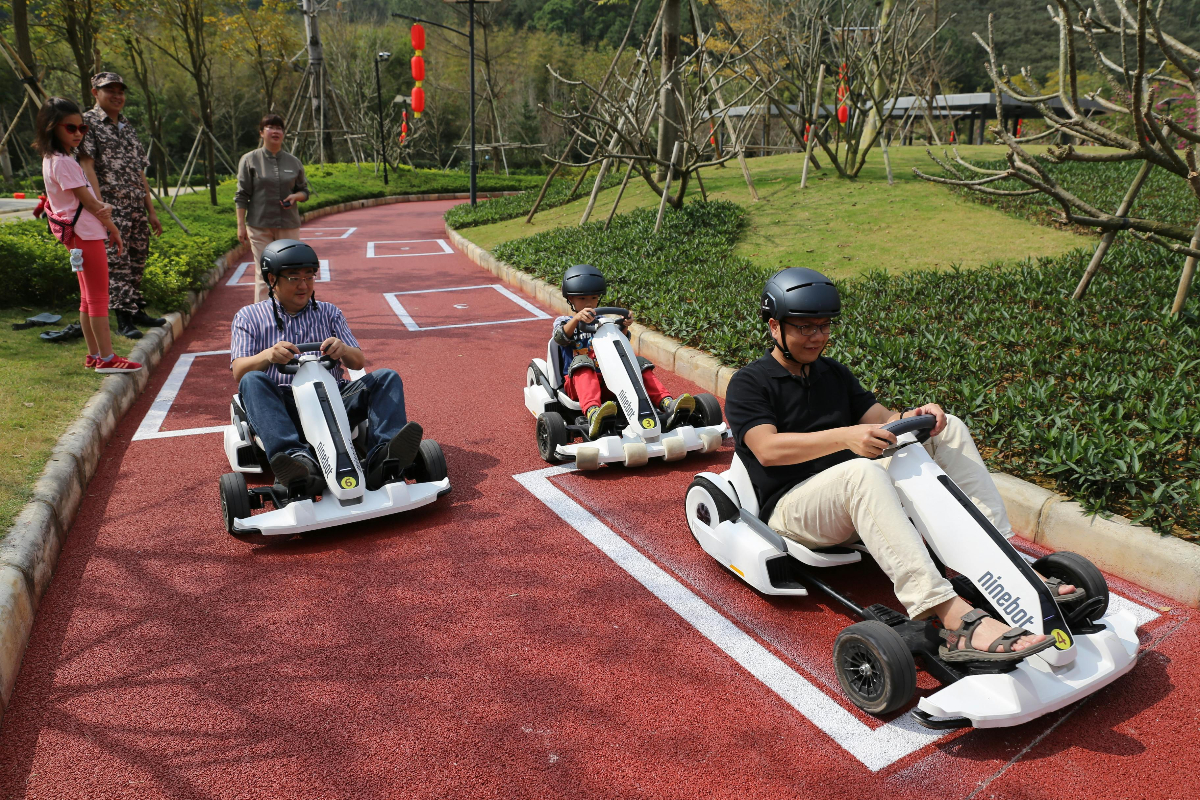Play is often referred to as the “work” of childhood, and for good reason. It plays a crucial role in child development, fostering creativity, imagination, and social skills in ways that formal education cannot replicate.
Through play, children learn to explore their environment, solve problems, and interact with others. Whether it’s building with blocks, playing pretend, or engaging in group games, play provides opportunities for children to develop important cognitive, emotional, and physical skills.
Play also allows children to express themselves freely and develop their own interests and passions. It encourages curiosity, experimentation, and risk-taking, all of which are essential for learning and growth. In a world where standardized testing and academic achievement often take precedence, play offers a much-needed outlet for creativity and self-expression.
As parents, it’s important to prioritize playtime and create opportunities for our children to engage in unstructured, child-directed play. This may involve providing open-ended toys and materials, setting aside dedicated play spaces, and encouraging outdoor exploration and physical activity.
By embracing the power of play, we can support our children’s overall development and well-being. It lays the foundation for a lifelong love of learning, creativity, and social connection that will serve them well throughout their lives.



